After the general strike on Tuesday, International Women’s Rights Day this Wednesday or Thursday with a new mobilization against the pension reform, this Friday March 10 a new day of protest organized by the Fridays for Future (FFF) movement in favor of the fight against global warming.
On the initiative of the French branch of the association, itself part of the international strike movement for the climate founded by the Swedish environmental activist Greta Thunberg, a major demonstration is thus organized this Friday in Paris.
For the participants, the goal this time is to request investments to accelerate and develop training courses for the overall thermal renovation of buildings.
“We are asking the government to train 400,000 professionals in global thermal renovation in order to be able to renovate 1 million homes per year by 2050 and thus achieve carbon neutrality in the French housing stock. This requires an investment of 38 billion euros,” the organizers said during the event.
This March 10, 2023 saw the return of the climate strike, at the call of several environmental associations. In Paris, a demonstration to denounce the climate inaction of macronie and alert to the ecological emergency is underway.
This is the ambition of our climate plan: to set a very clear operational roadmap, with quantified objectives, a precise and tight timetable to accelerate the reduction of our emissions and the adaptation of Paris.
General mobilization cannot wait any longer. All our cities must transform faster. And they need to be supported. The survival of all people living in the city depends on it, and they are the vast majority in France and around the world. Our health is at stake.
It is also a question of equality and social justice, because as with all crises, the most fragile are the most exposed. We must rethink everything to reduce inequalities, reorganize our relationship to food, housing, our modes of travel.
It is our responsibility towards young people, our duty for the future. You can count on Paris to rise to the occasion and make this ecological transition a revolution to live better and in good health.
Emmanuel Macron drives us into the wall at full speed. With his retirement project at 64, he is accelerating. His obsessions threaten both social cohesion and the only ecological system compatible with life on Earth:
– Work more to produce more, anything, under any ecological and social conditions.
– Produce anything that can be sold. And if people don’t need it, watering down, stupefying citizens with advertisements until they create the desire to buy
– Competition everywhere, from primary school. Give everything to those who succeed in crushing, in dominating. And nothing for others.
The increase in extreme climatic events, storms, droughts, floods, worsens the hardship at work for all those who work at sea, in the forest, in the mountains and in agriculture.
Rising temperatures affect everyone who cannot or refuses to use air conditioning in their workplace.
Climate change is reducing life expectancy.
All organisations, all wealth production techniques must quickly and radically evolve to limit pollution and adapt to the consequences of climate change. To lead this revolution in all workplaces, it takes time to reflect, imagine and implement the ecological bifurcation.
Anticipating also means preparing to face these mega heat waves. This is the objective of the information and assessment mission on the 50°C in Paris which will deliver its conclusions in April, and of the major crisis exercise that we will conduct in the fall to simulate an extreme heat wave and find out how to react as effectively as possible to protect the inhabitants and in particular the most vulnerable.
But we must go even further, accelerate and change scale to rethink everything, absolutely everything, in the light of global warming.
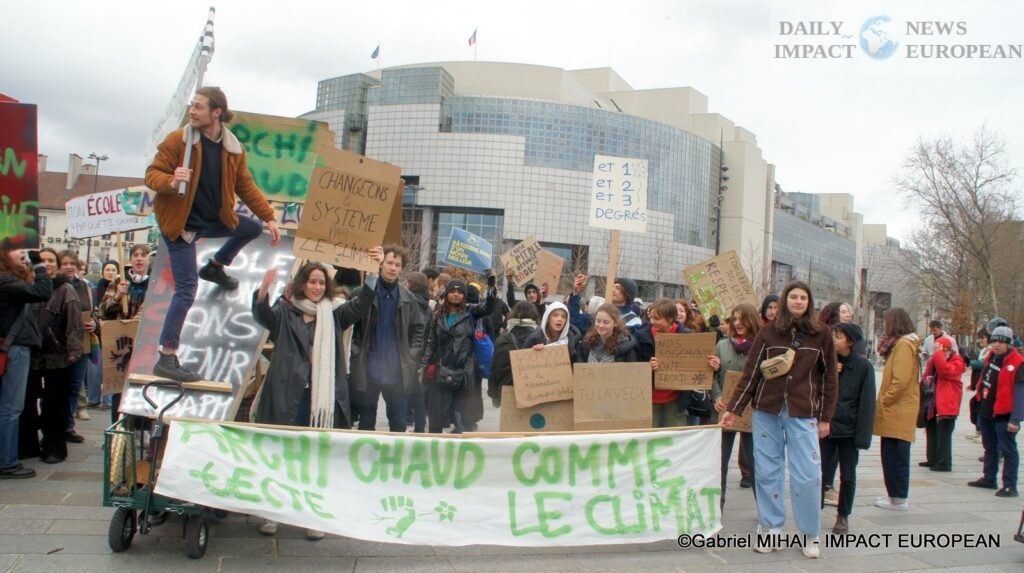


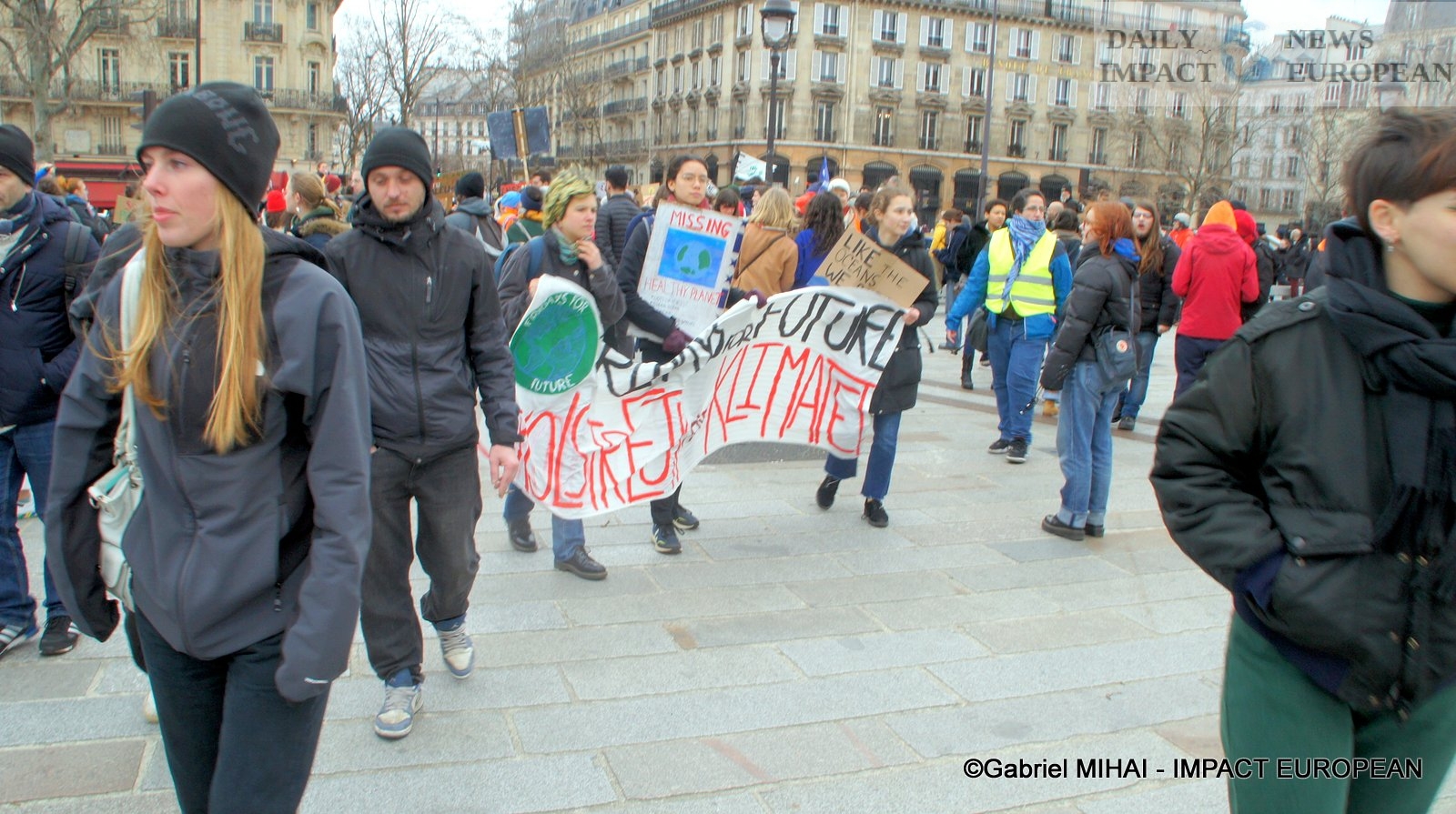
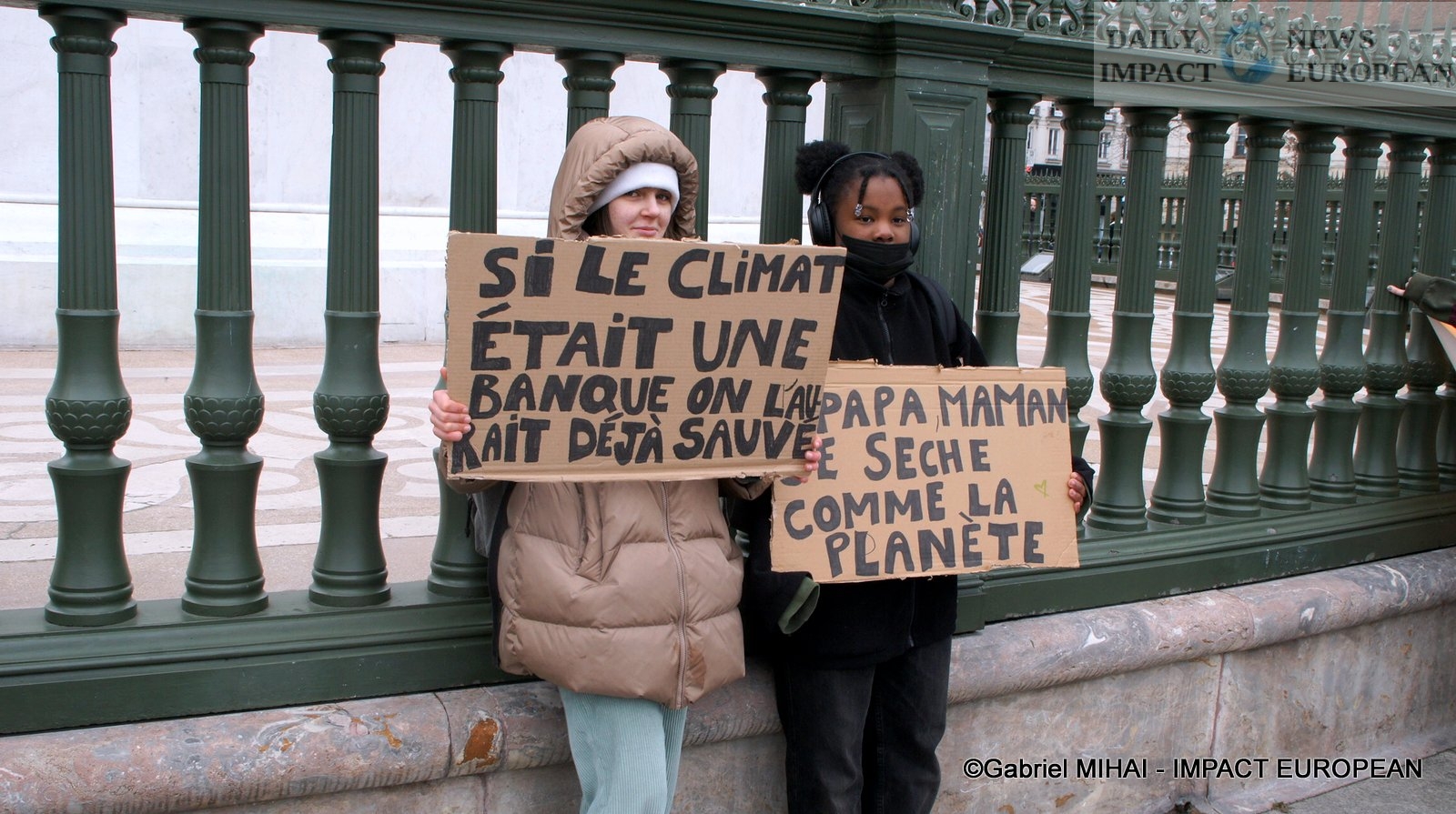
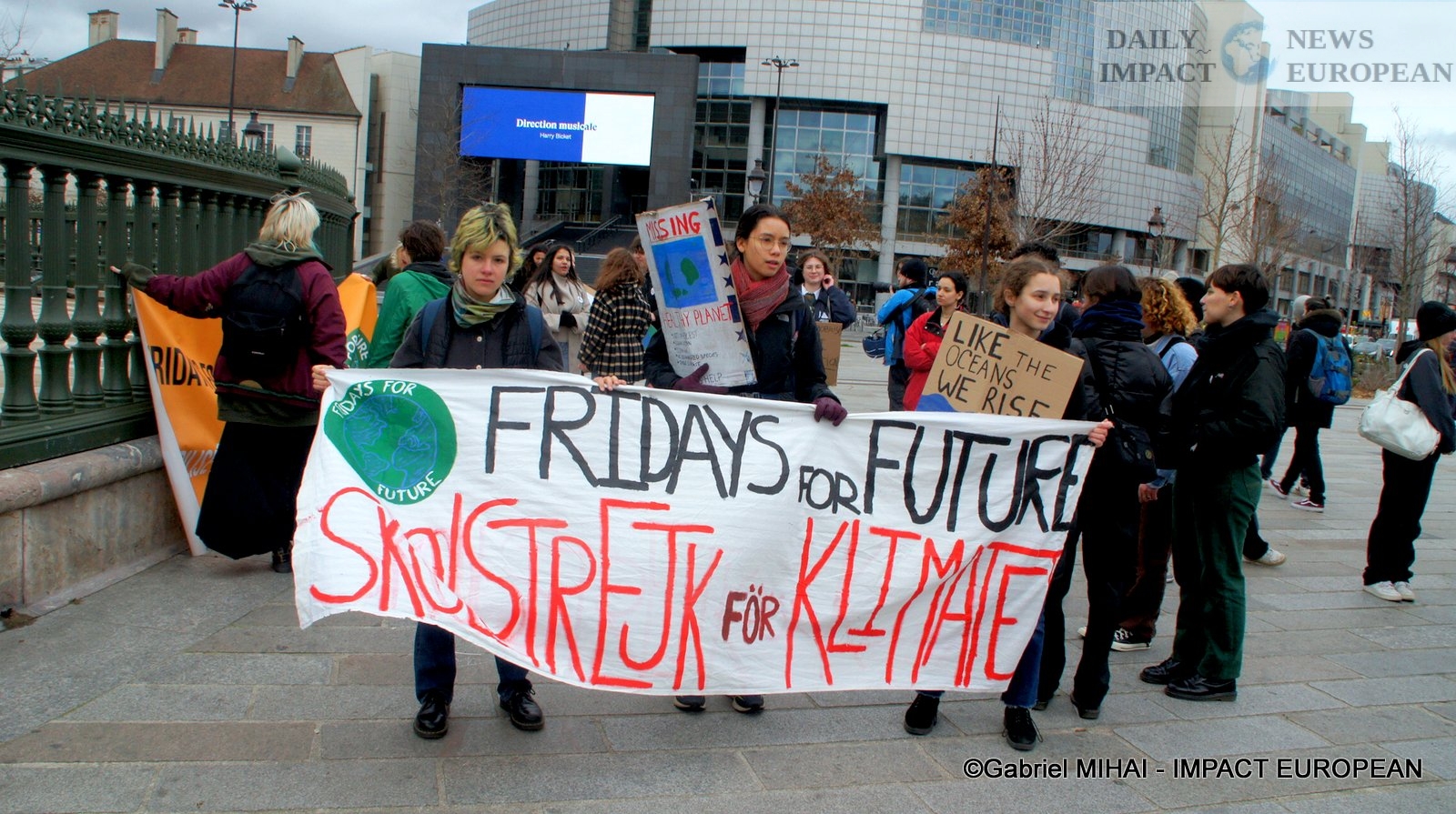
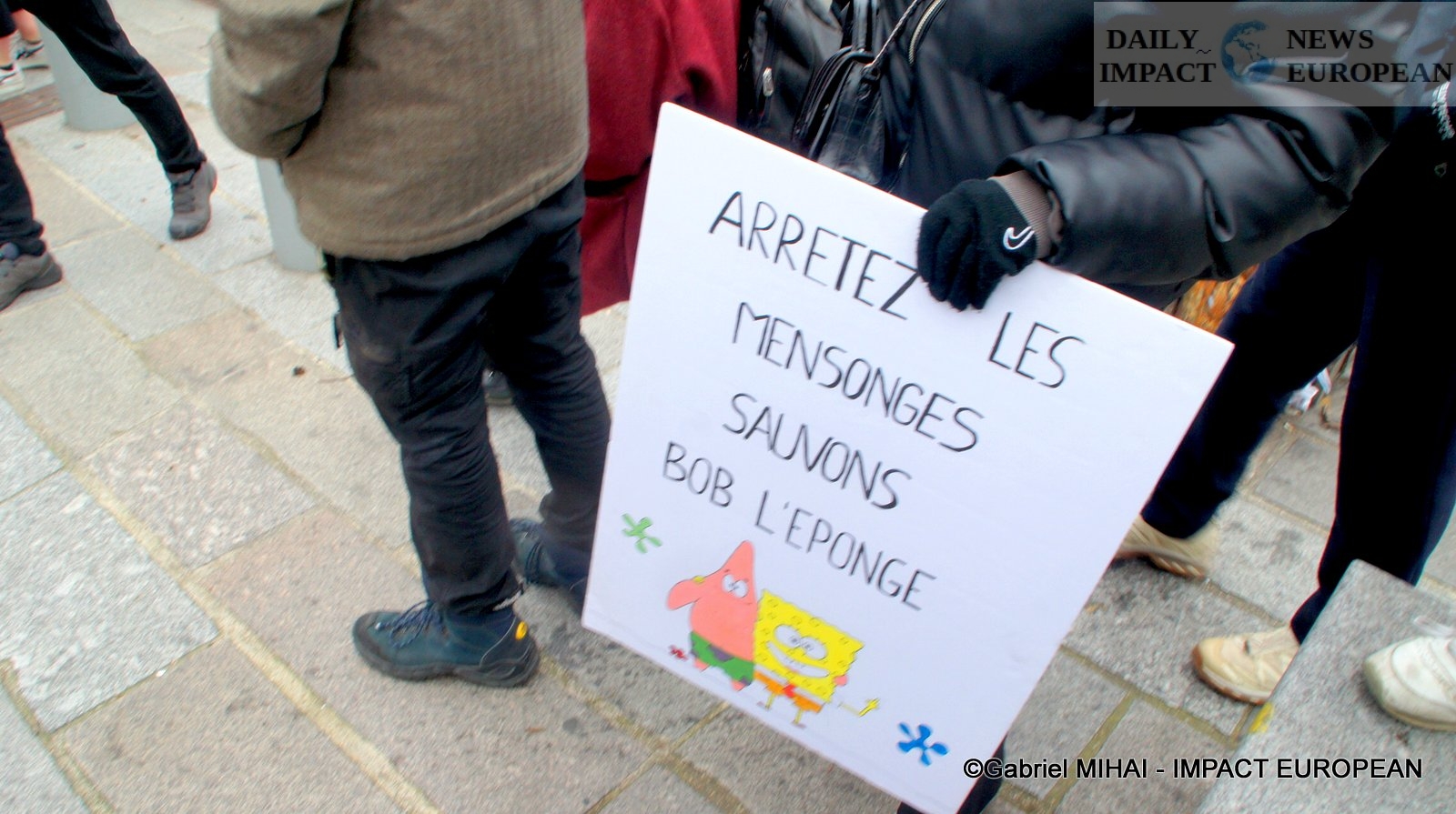

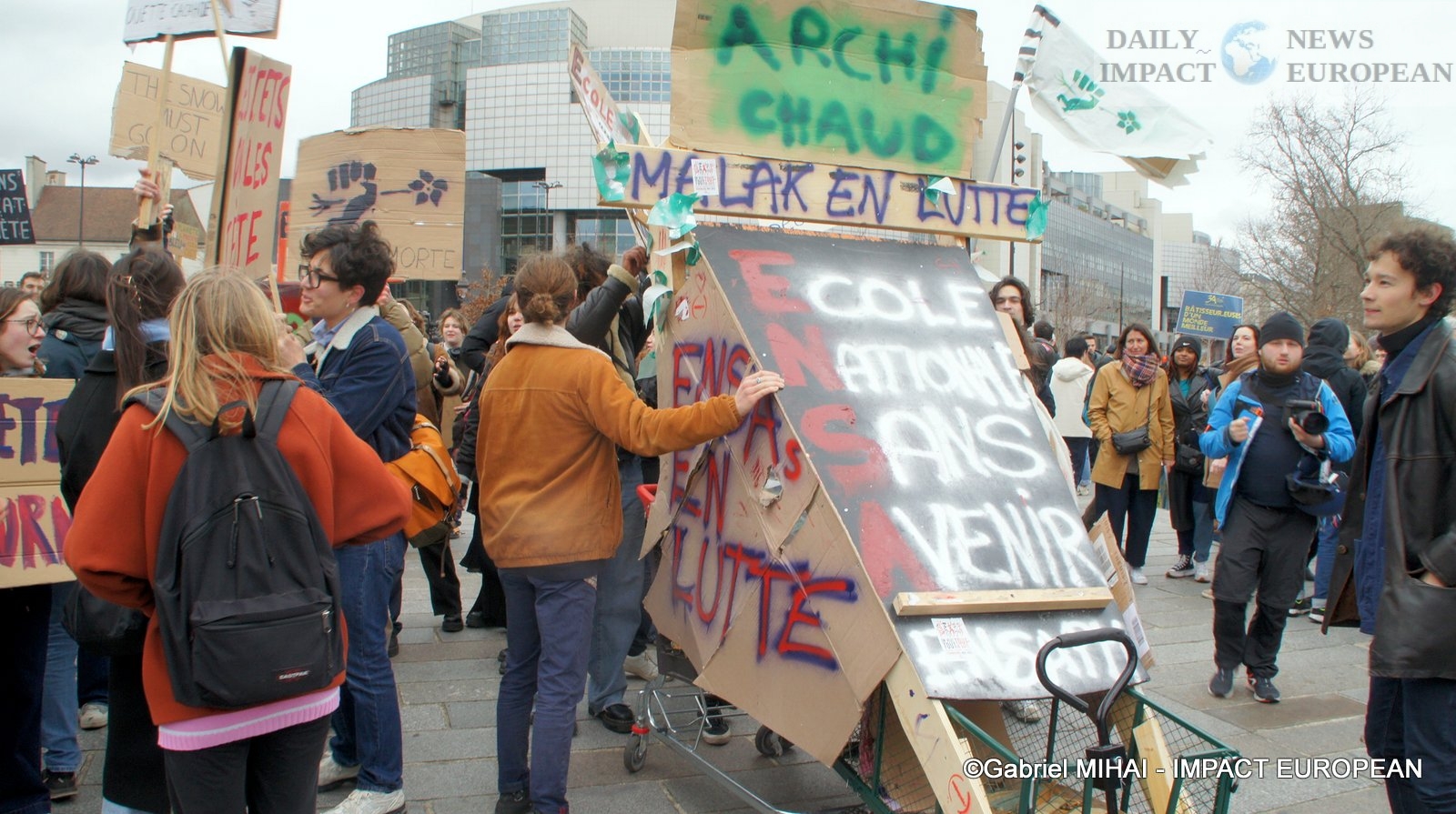

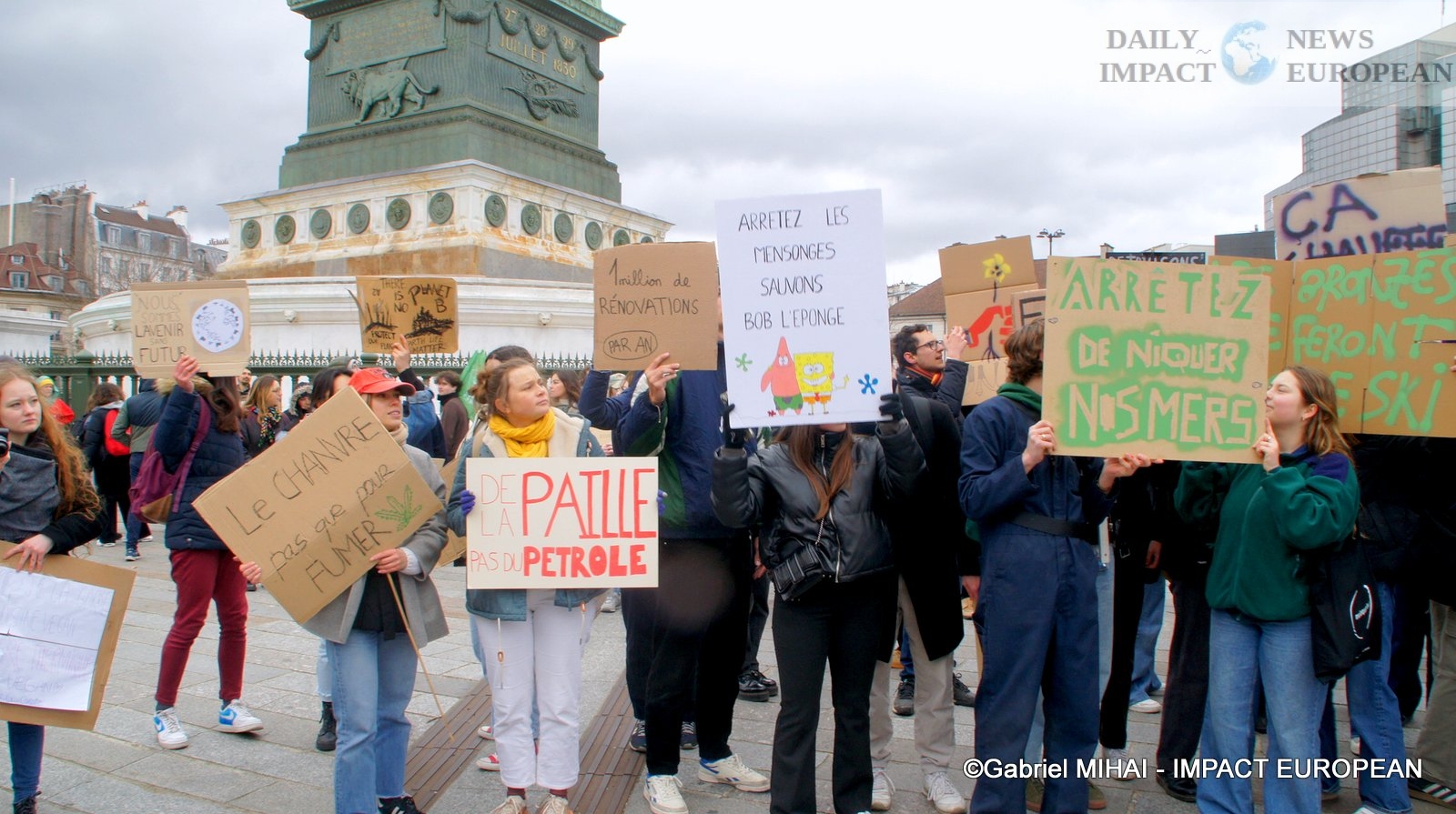
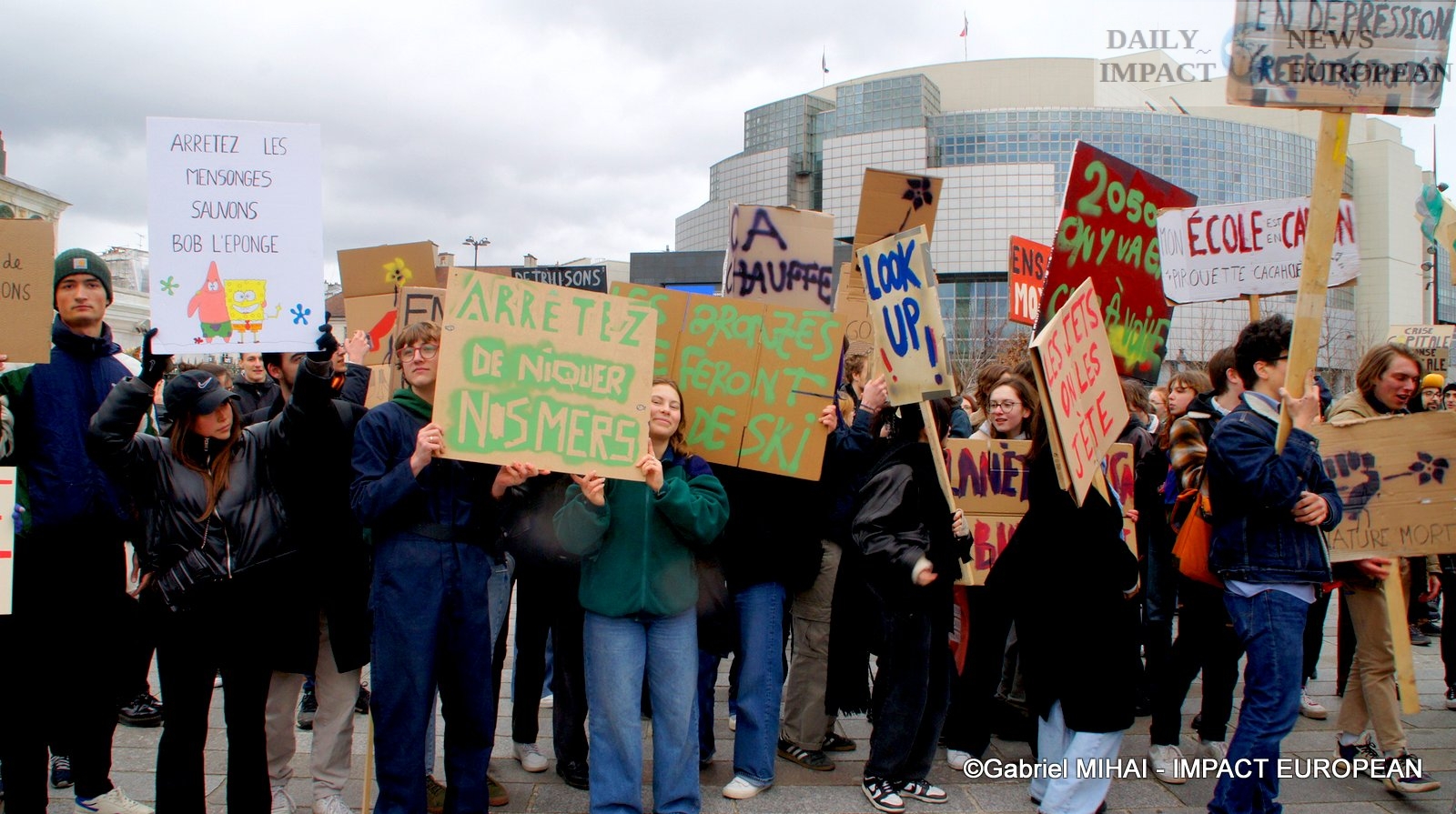
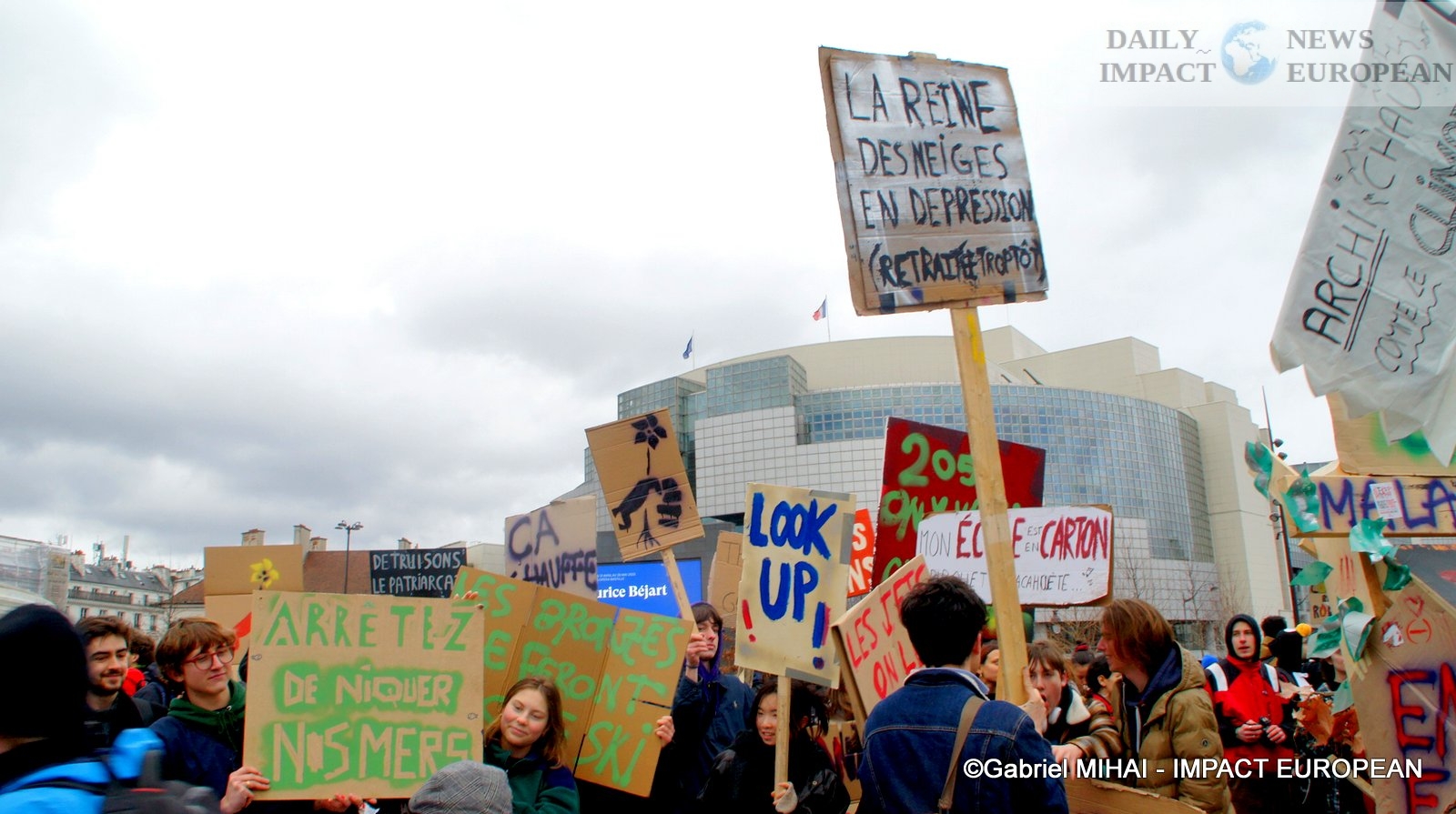
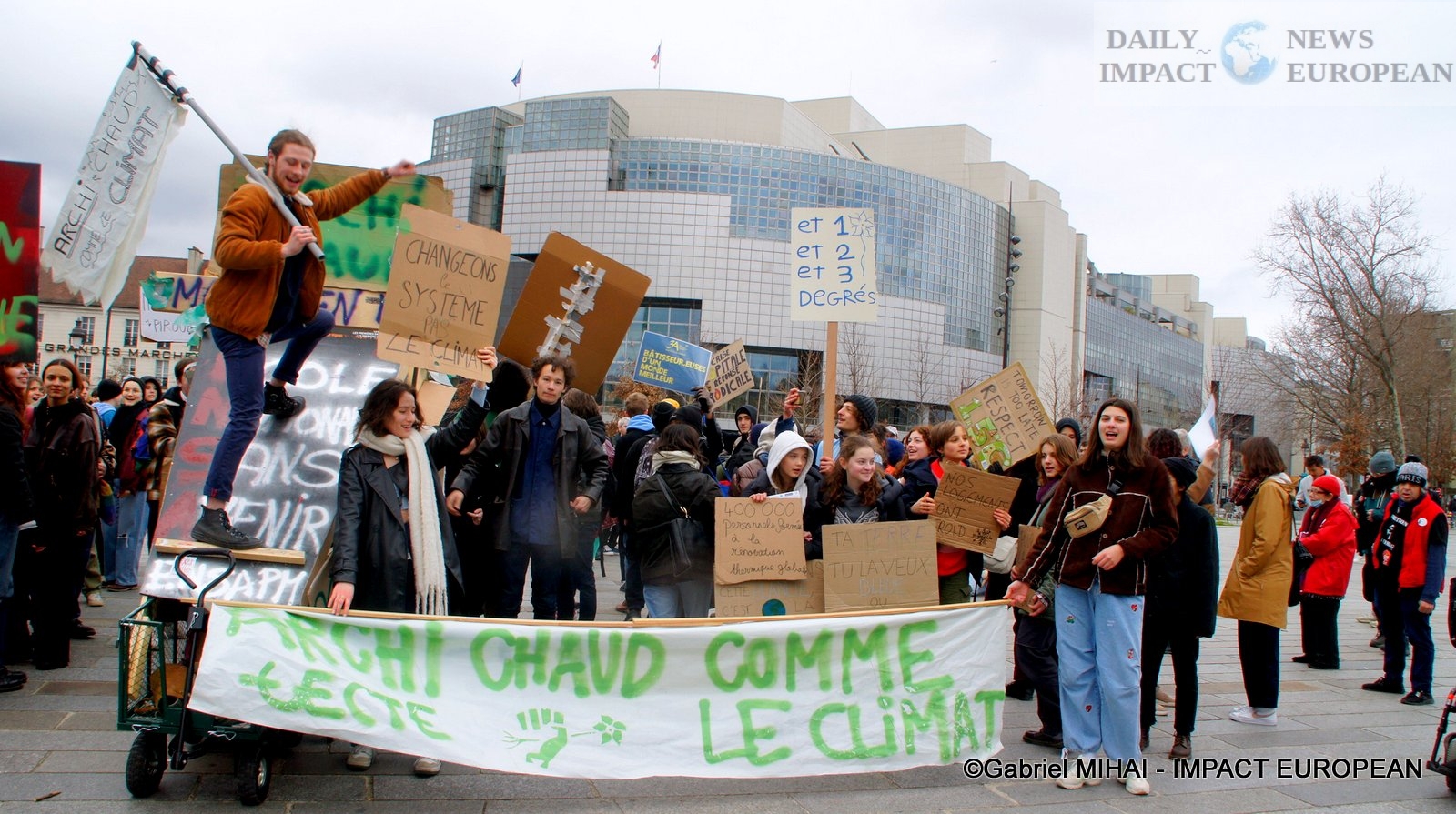
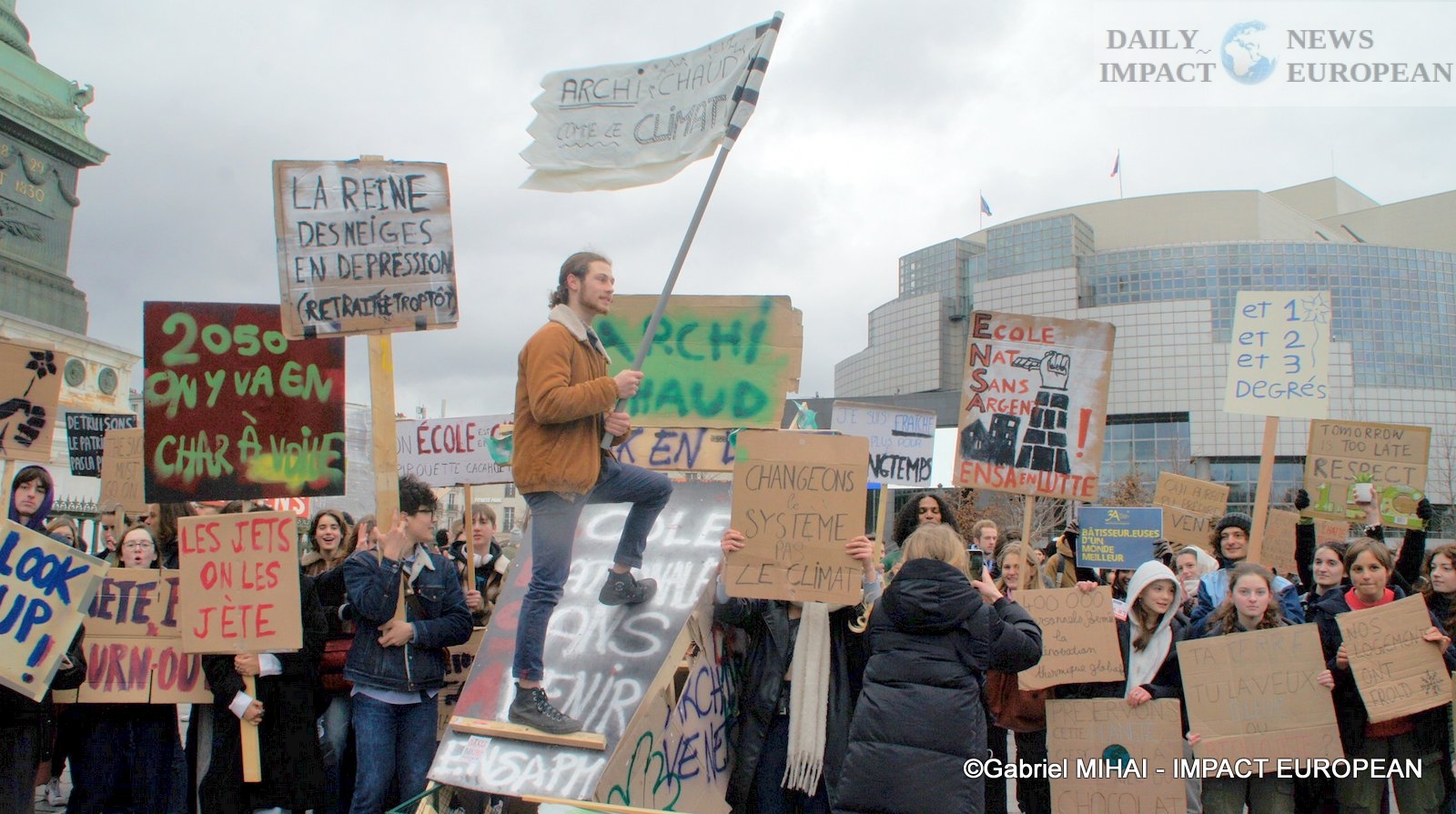
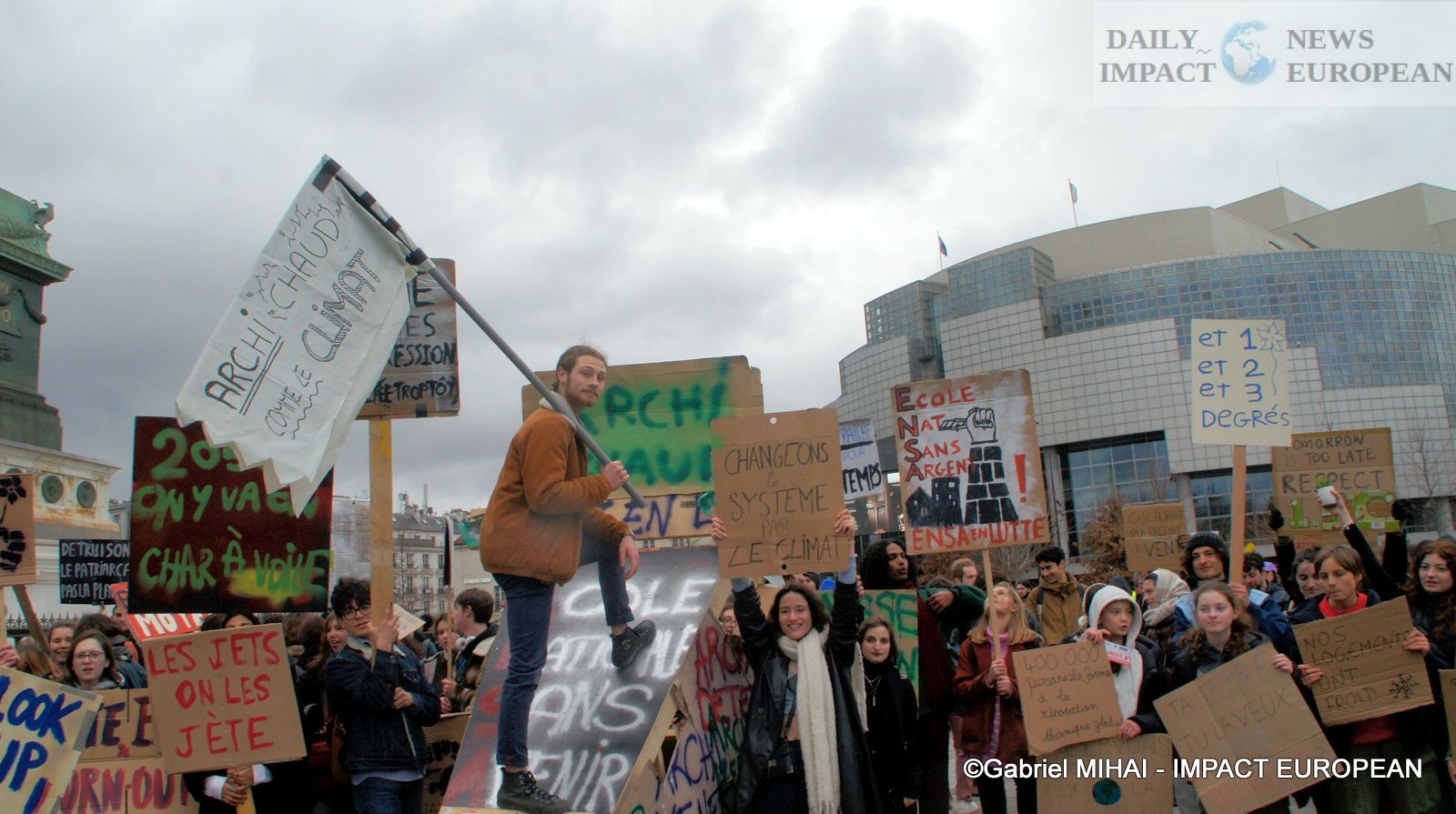
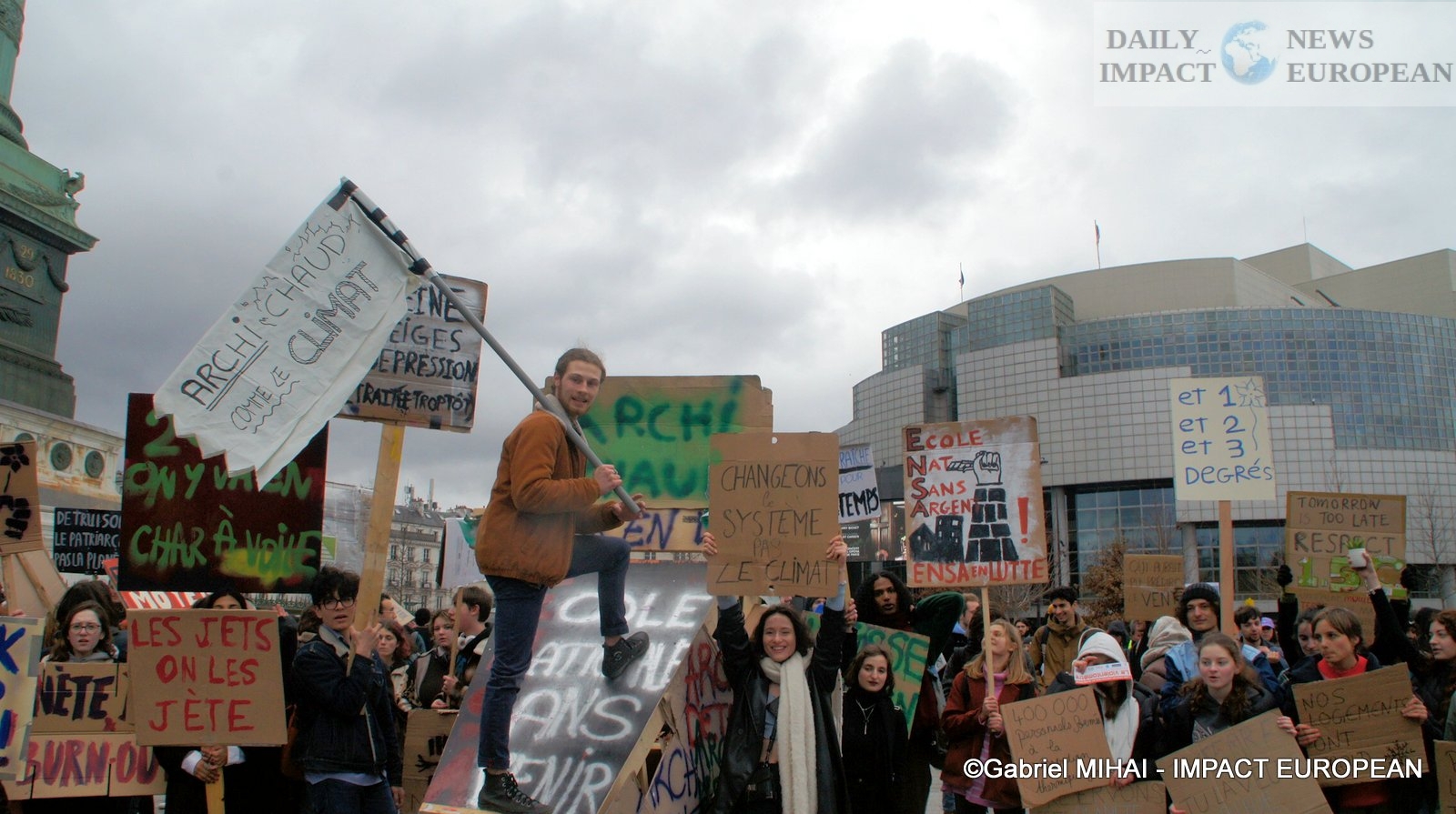
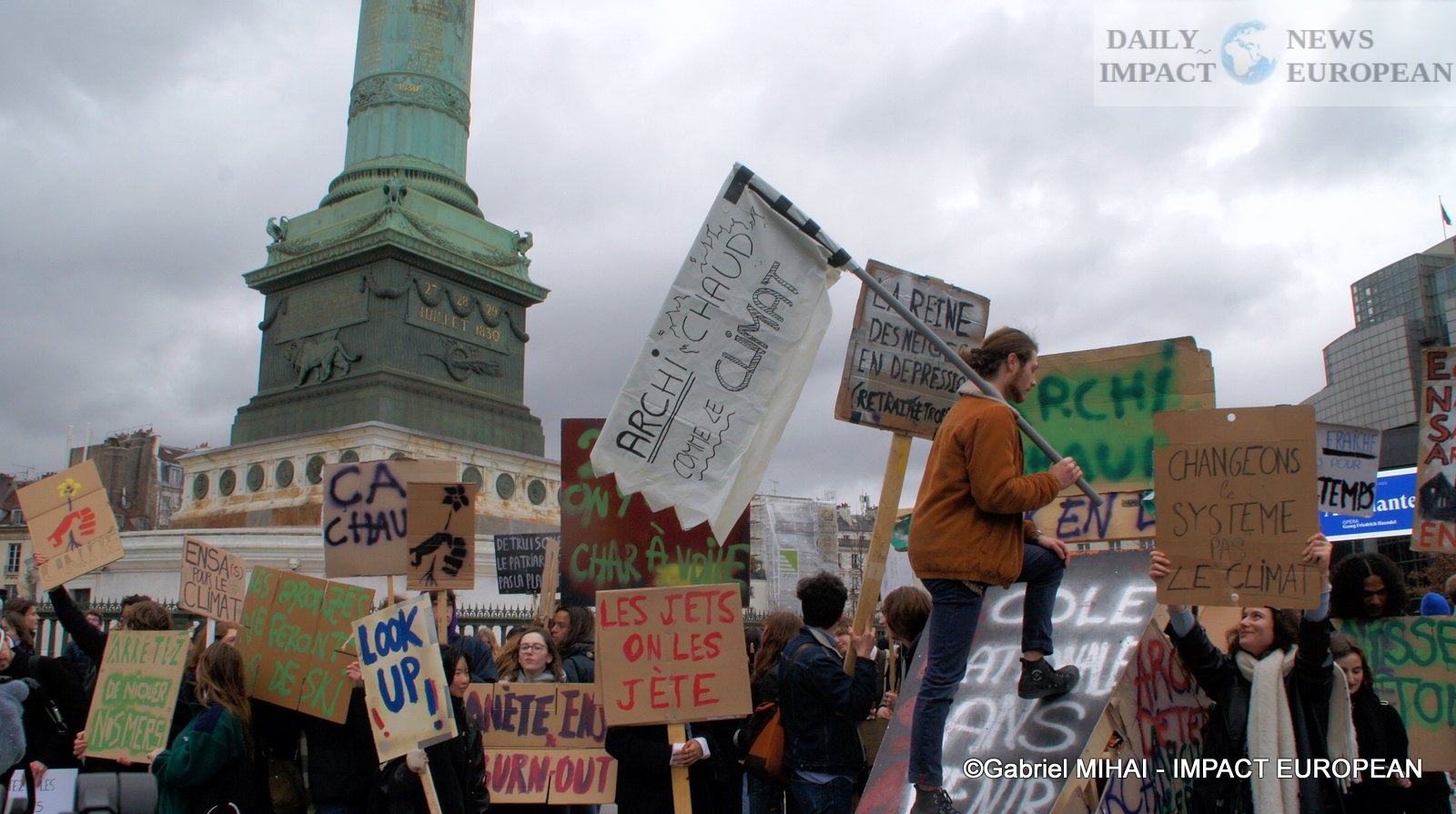
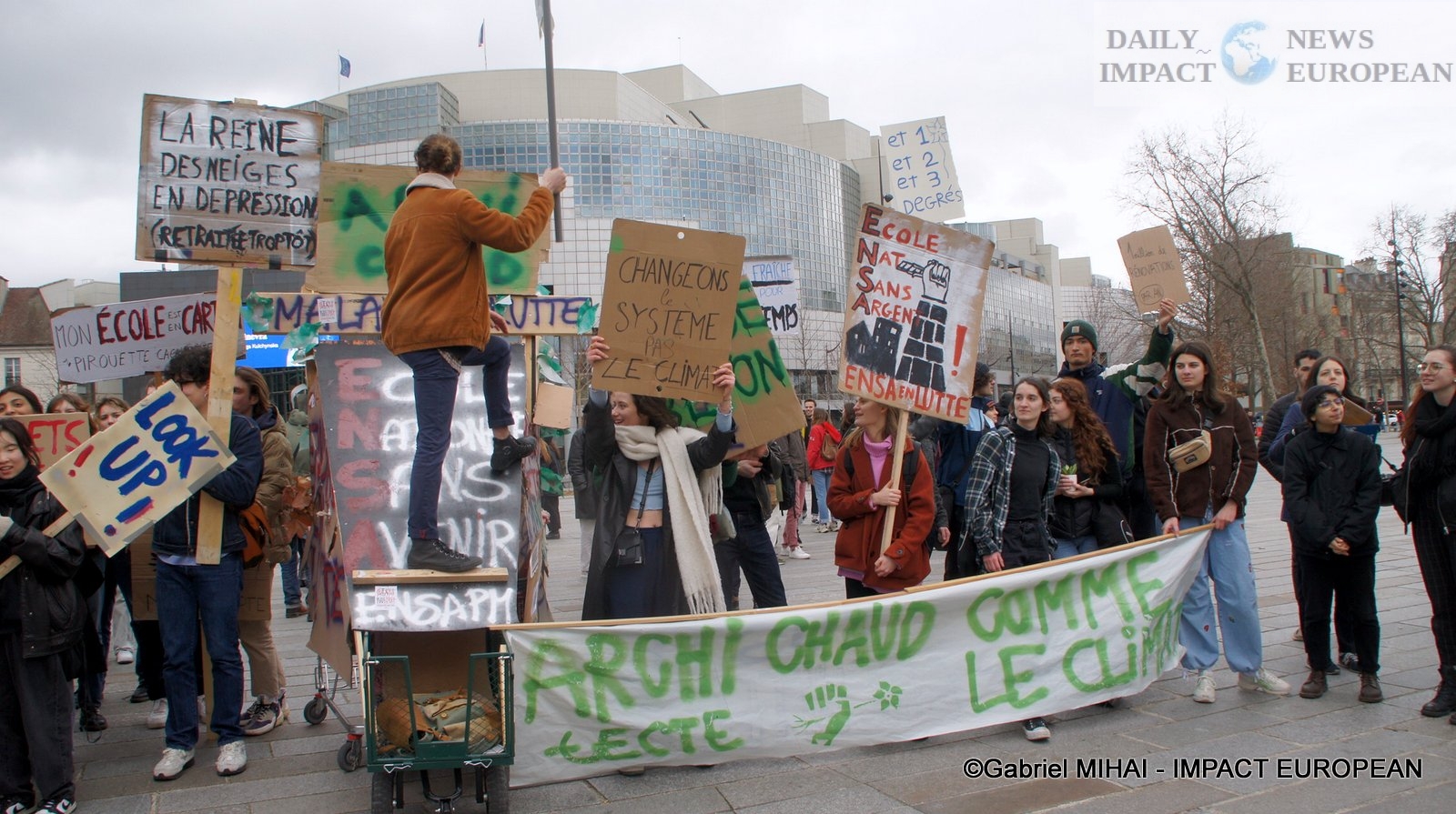
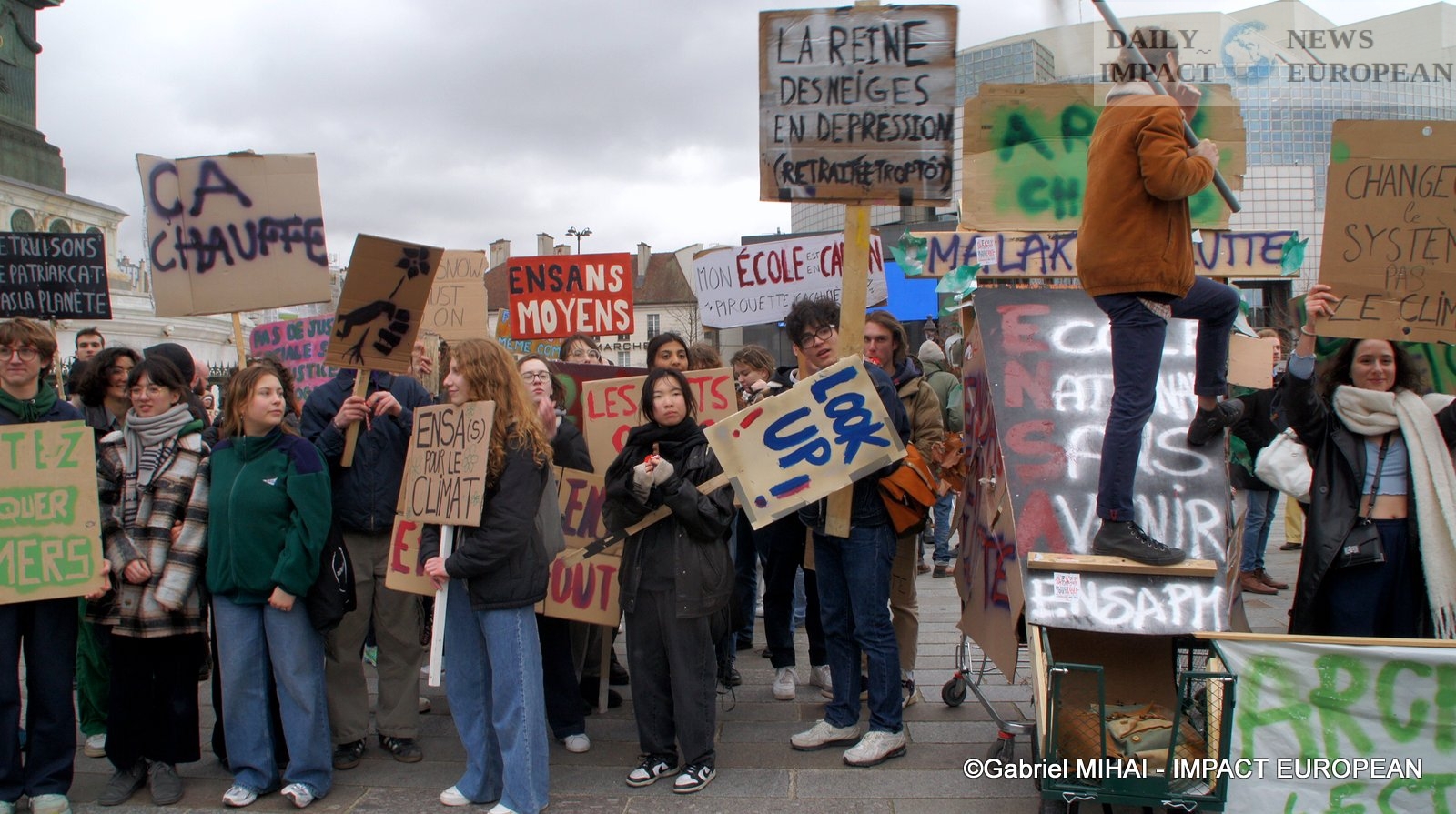
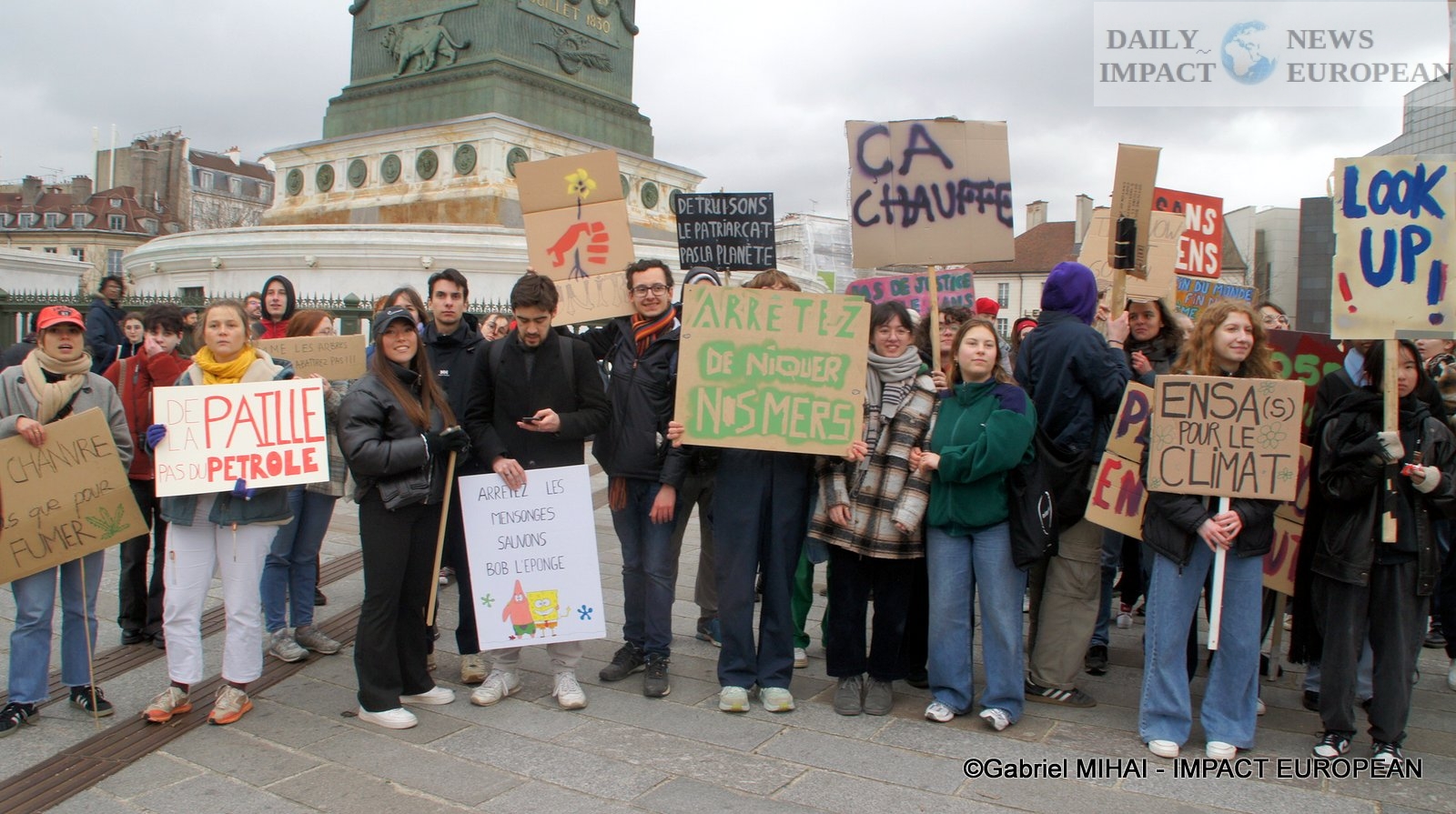
More Stories
Meeting between French and Israeli counterparts Emmanuel Macron and Isaac Herzog at the Élysée
“Dansong” at the Avignon Off Festival 2024
Olympic Flame at the Jardin du Musée Mac Val